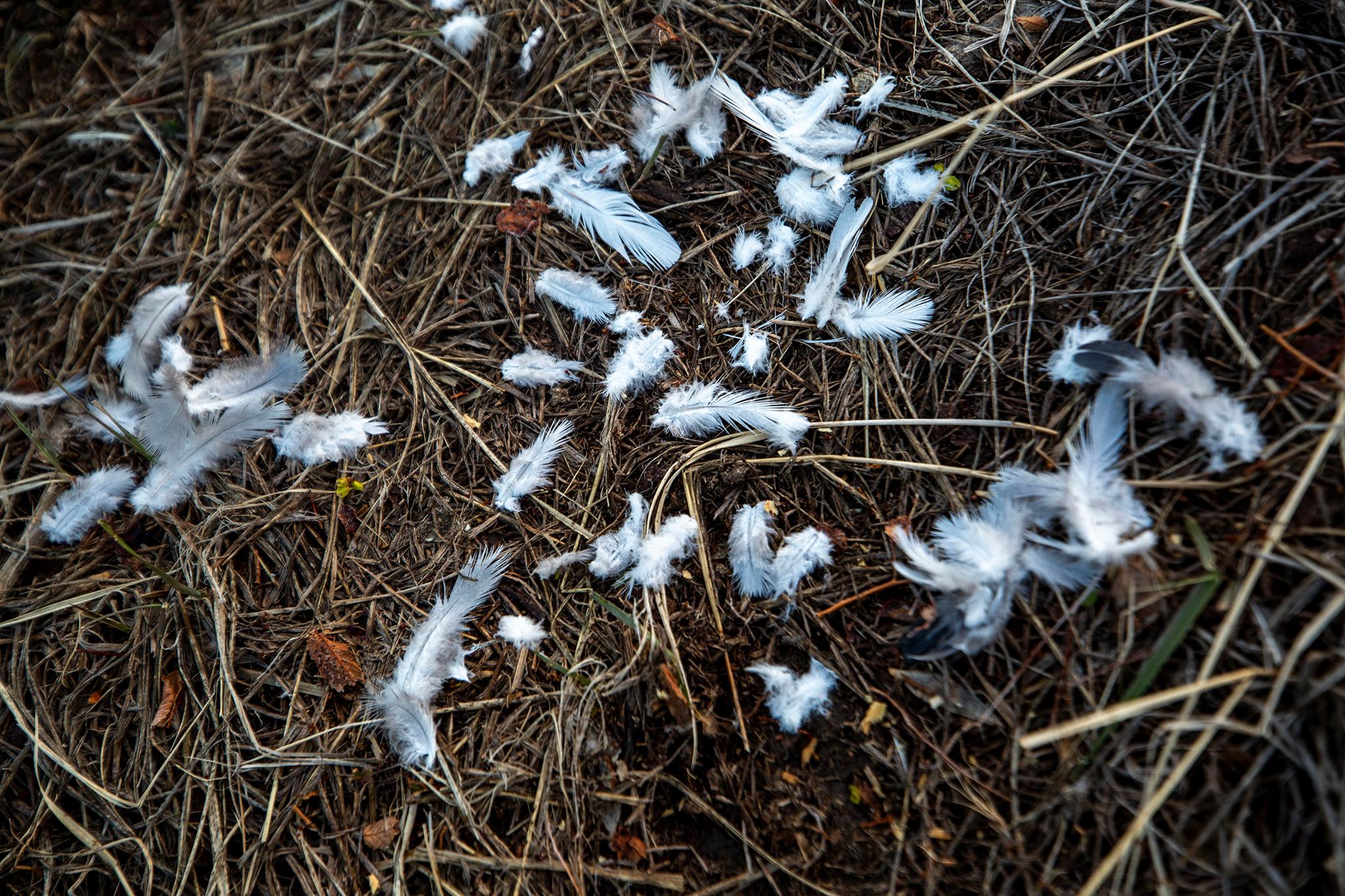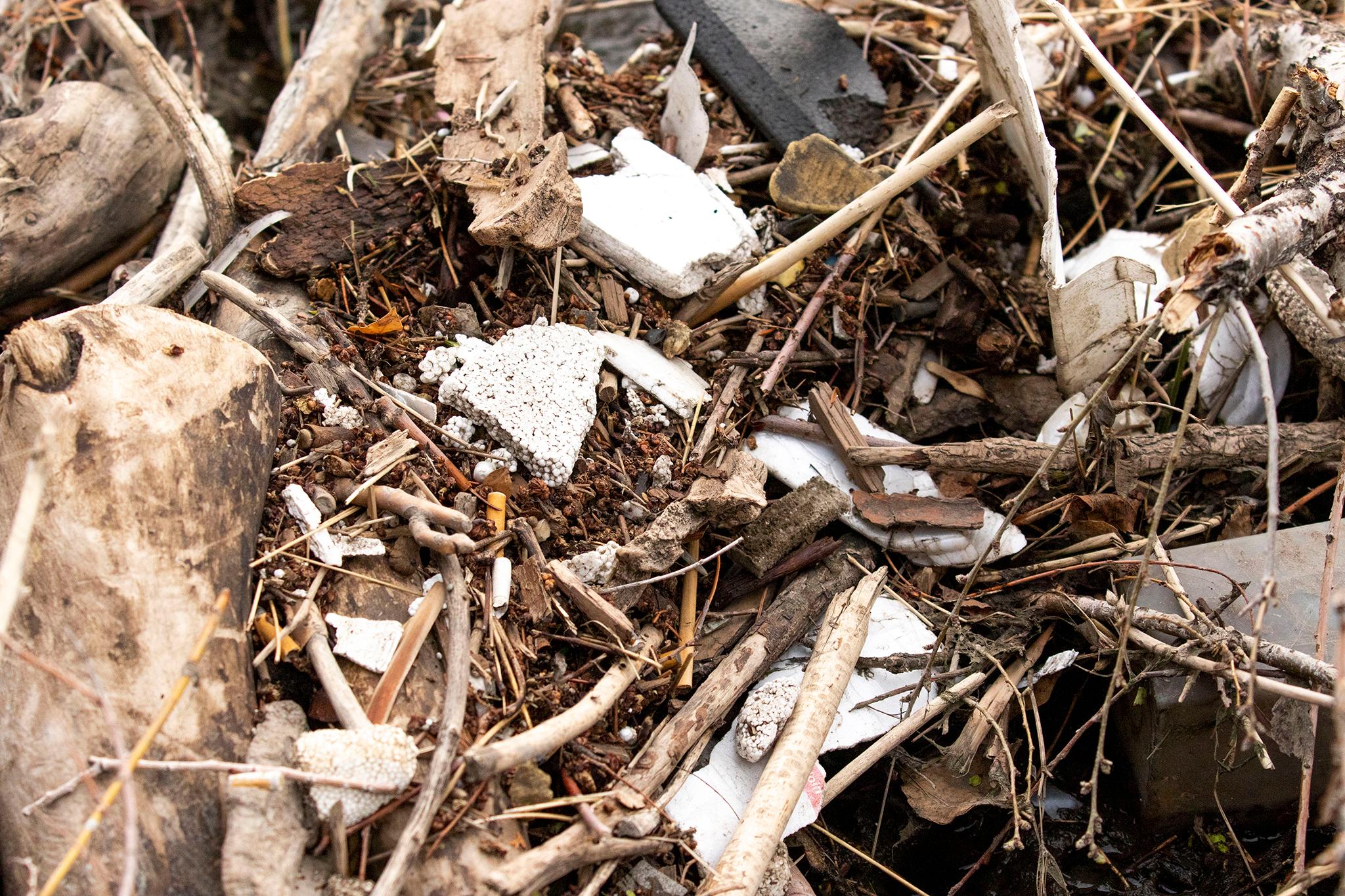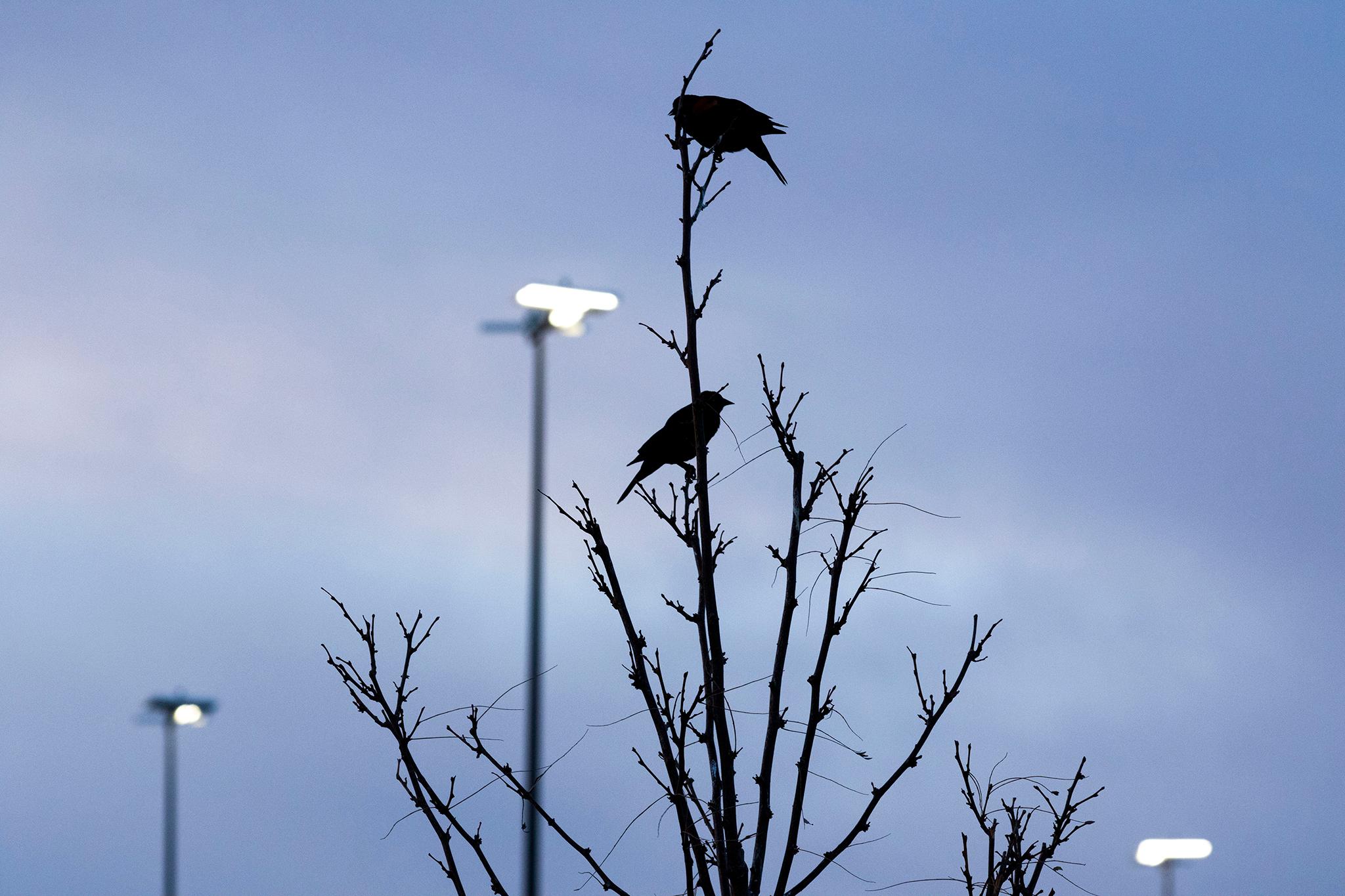John Azua, Denver Zoo's curator of birds, stands still as he watches for cormorant gliding over the water. A beaver swimming by just disappeared below the surface, and he yells what he's seen to his colleagues Rich Reading, director of science and conservation at Butterfly Pavilion, Robin Carey from the Denver Zoo, and Sarah Miley from Colorado State University. They rush over to see, but it's too late.
"There's ecosystems everywhere, underneath this bridge and the highways," Azua says as he searches the sky for more species flapping by. "And this is really a pretty area."
It's dawn on a Friday, and the small team of experts is making its way from Globeville Landing Park down to the South Platte River to count birds. Yes, the watershed is girded by a massive sewer pipe, garbage, railroad tracks and highways. Yes, cranes and construction crews loom over the water.
And yes, it still teems with life.
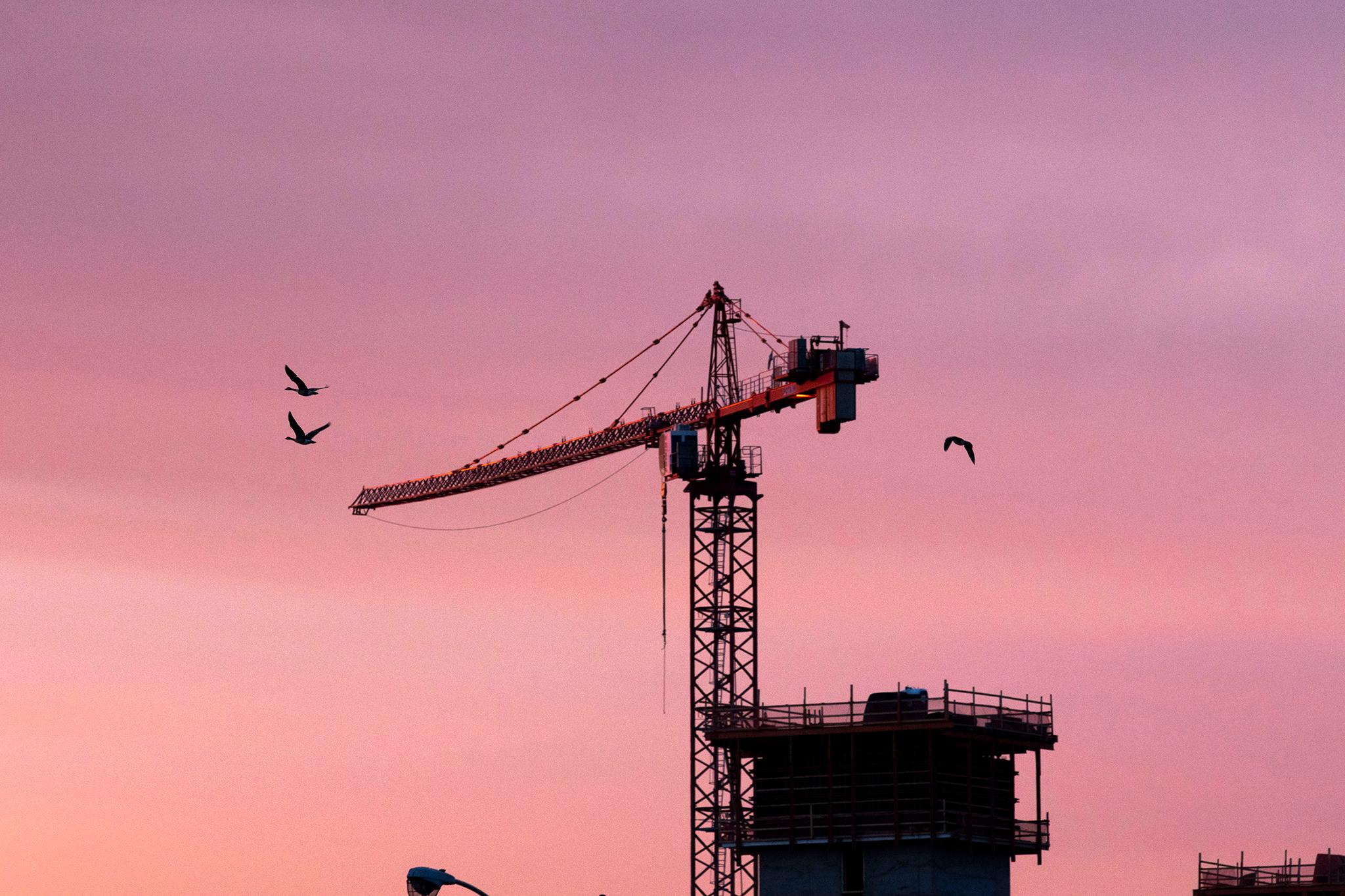
This once-neglected stretch of the river's ecosystem was the reason for their visit, which formally kicked off the third-annual South Platte BioBlitz. It's a regular count of all kinds of wildlife that thrive where the Platte passes the National Western Center, a massive construction project that's turning historic stockyards and this isolated stretch of river into a center of commerce and culture.
"Here we're just tying to measure the impact of the construction and the improvement of the Western Stock Show Complex," Azua told us. "Obviously urbanization has impacts on wildlife, and we're just trying to monitor over several years to see what happens."
While Azua was hesitant to make any predictions, there was a general sense among the group that the project will first disrupt the habitat nearby and then, slowly, create conditions for a better quality of life. But they won't know without data. So for now, they count.
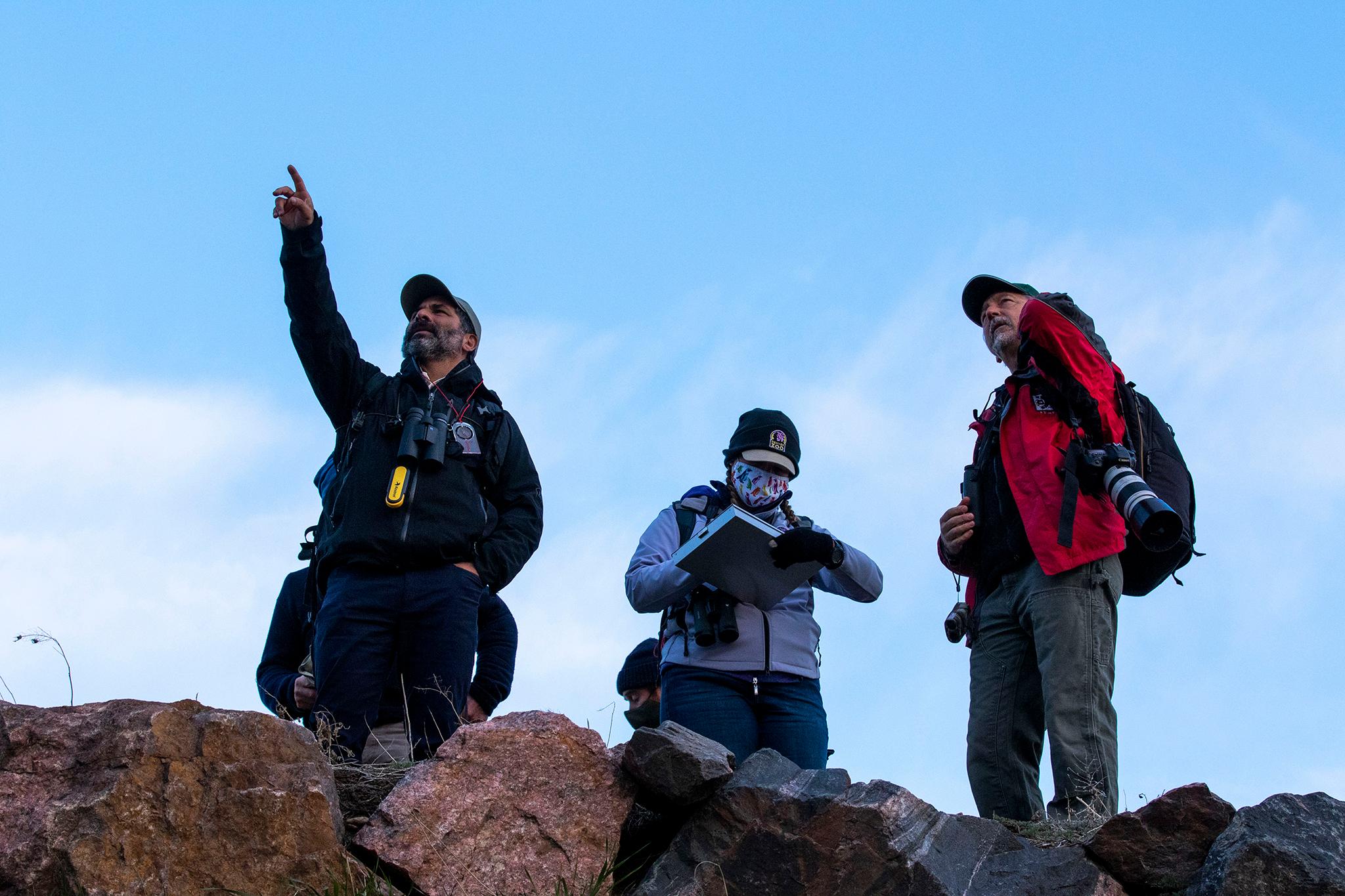
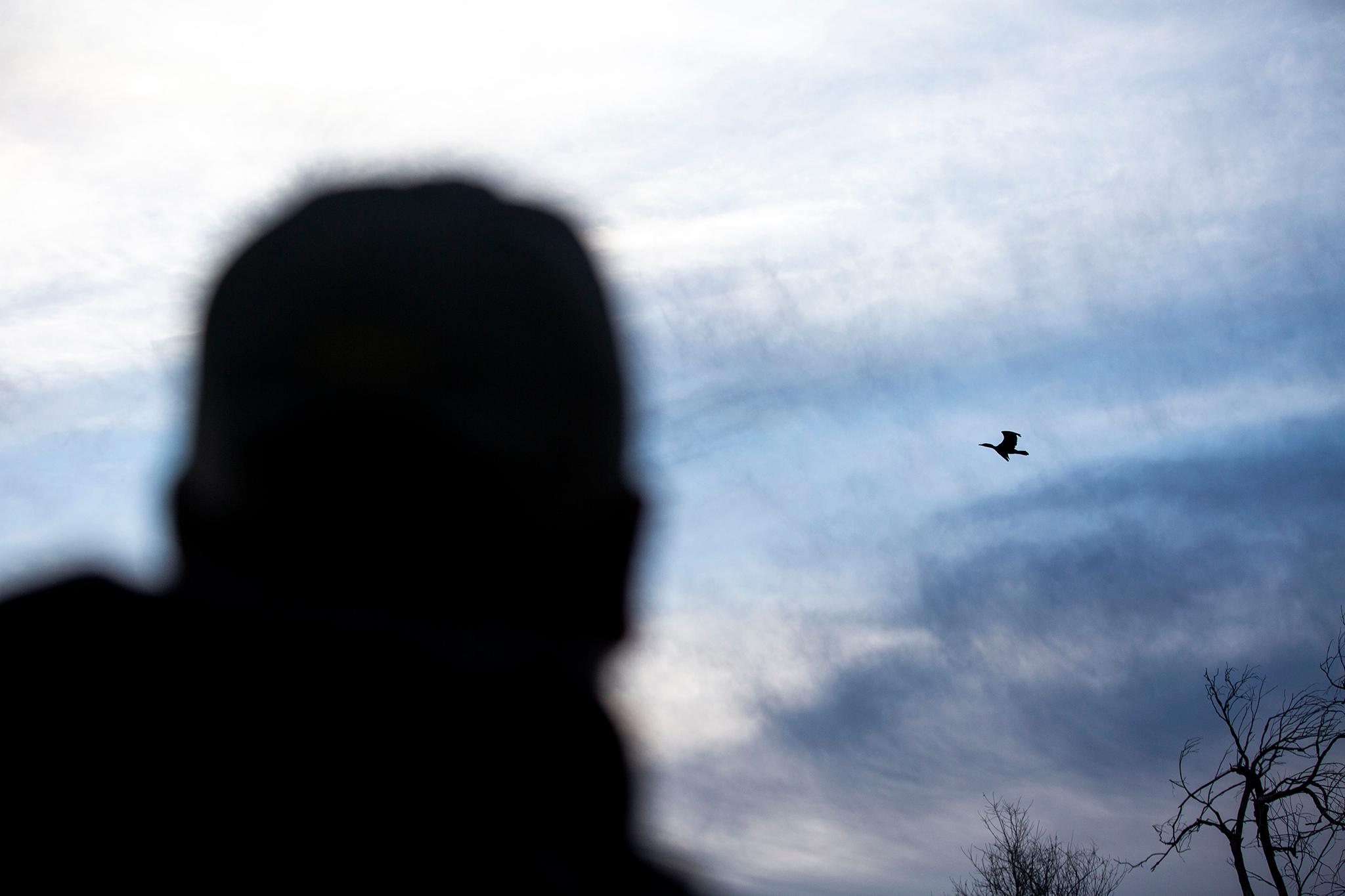
The South Platte and the neighborhoods surrounding the future National Western Center still carry the scars of a difficult environmental history.
Early Denverites used the river as a dumping ground for almost a century, filling it with toxins that would periodically regurgitate onto city streets during massive floods. The worst of those disasters, the great flooding of 1965, was so destructive that it forced Denver to rethink how it treated its central waterway. The community began to clean up the Platte and control its flows, starting a new era of environmental management.
Globeville and Elyria Swansea, above the river's banks, have also been longtime hotspots for pollution. The National Western stockyards were surrounded by industrial operations that spewed heavy metals into the surrounding area. Their outfall led to major lawsuits and the declaration of a federal Superfund site. The latter came from a historic smelter that rained lead and arsenic onto the neighborhoods. The Superfund designation only applied to residential lawns, which were painstakingly dug out and replaced to ensure dirt-eating children wouldn't be poisoned. But the EPA did not deal with industrial areas near the South Platte.
The area is still home to some of the densest industrial pollution in the city, not to mention exhaust from the millions of cars passing on the two interstates intersecting nearby.
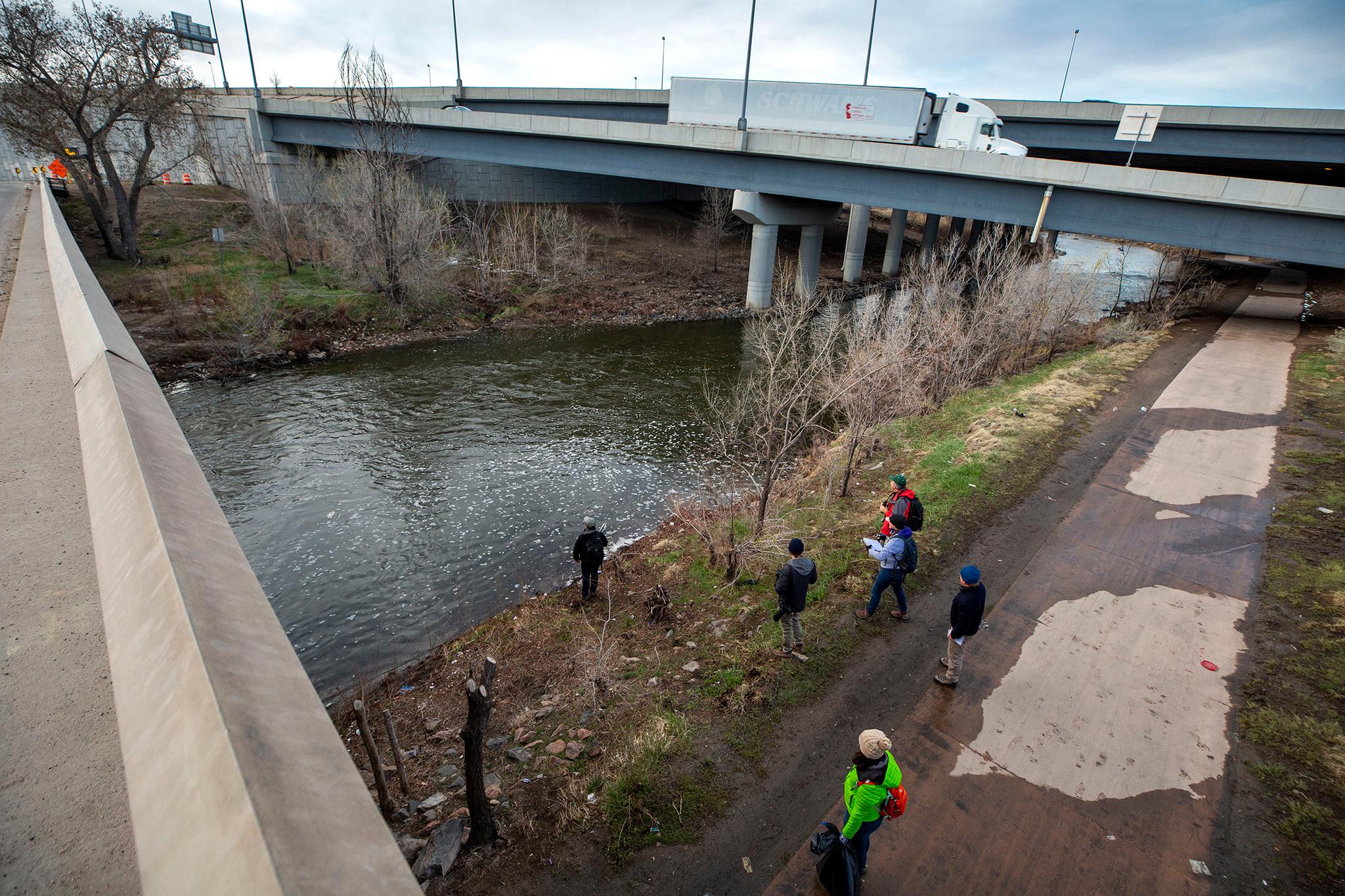
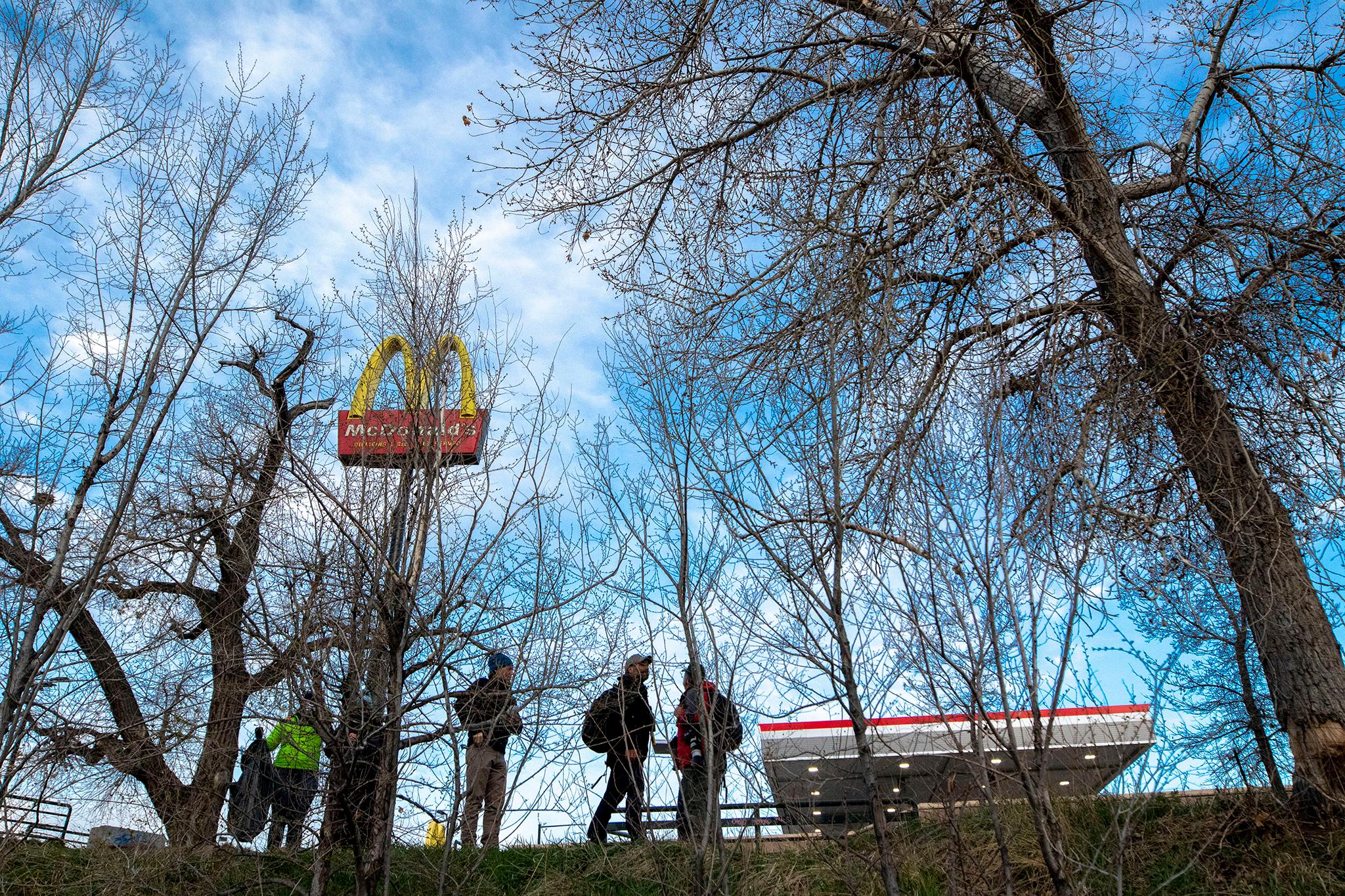
With all this in mind, Butterfly Pavilion's Reading said he expected to see a crippled ecosystem when started helping with the BioBlitz two years ago. Instead, he gathered some 3,000 invertebrates during the study: flies, bees and crayfish.
"(The river) was doing better than we thought," he said. "Some of the species that are indicators of better quality habitat, like the dragon flies, were here. So that was a very pleasant surprise indeed."
The planners who made the National Western Center's early proposals wrote that they expected the project would uncover toxins. They were wrong.
As Reading walked by the river searching for birds, construction crews across the way were busy digging into the soil where slaughterhouses once stood. A gleaming skeleton of a building rose above the horizon: a future CSU educational center.
CSU's Miley said workers have been hauling a lot of dirt away from the site. They found lots of old foundations when they started digging.
But Andrew Ross, environmental program manager for the Denver Department of Public Health and Environment, said they did not encounter a hotbed of lead and arsenic.
"We did an enormous amount of environmental investigation. A lot," he told us. "We didn't find that at the new campus. That soil layer was gone."
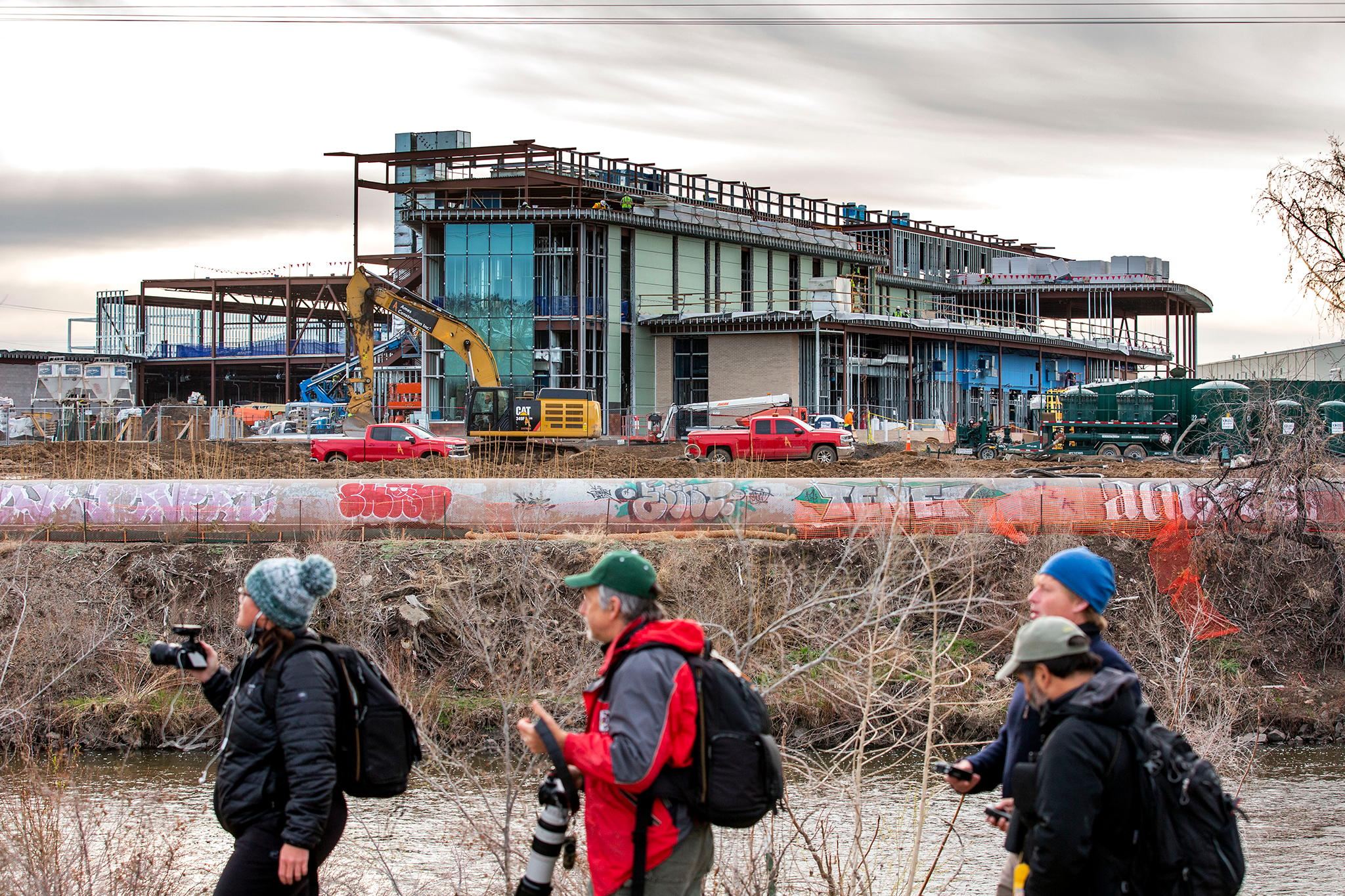
The dustings of lead and arsenic that the EPA found in front yards during their Superfund investigation just wasn't by the river. If it was there in the first place, he said, floods or development could have wiped it from the Platte's banks a long time ago. Instead, they mostly dug up brick and concrete, plus some old equipment, and a decrepit, empty safe.
"I don't want to downplay it. We did find things that had to be dealt with and disposed of properly, but not what we expected," Ross said.
Water quality in this bend of the river is not much different than other parts of town. Jon Novick, who oversees the city's water monitoring program, told us most chemicals and metals on his radar don't show up in higher concentrations here, even though it is the most-downstream segment in the city.
The Platte is a "dynamic system," he said, turbulent enough that the flows can destroy his monitoring equipment. If historic pollution once seeped out of the dirt nearby, it couldn't have stuck around very long.
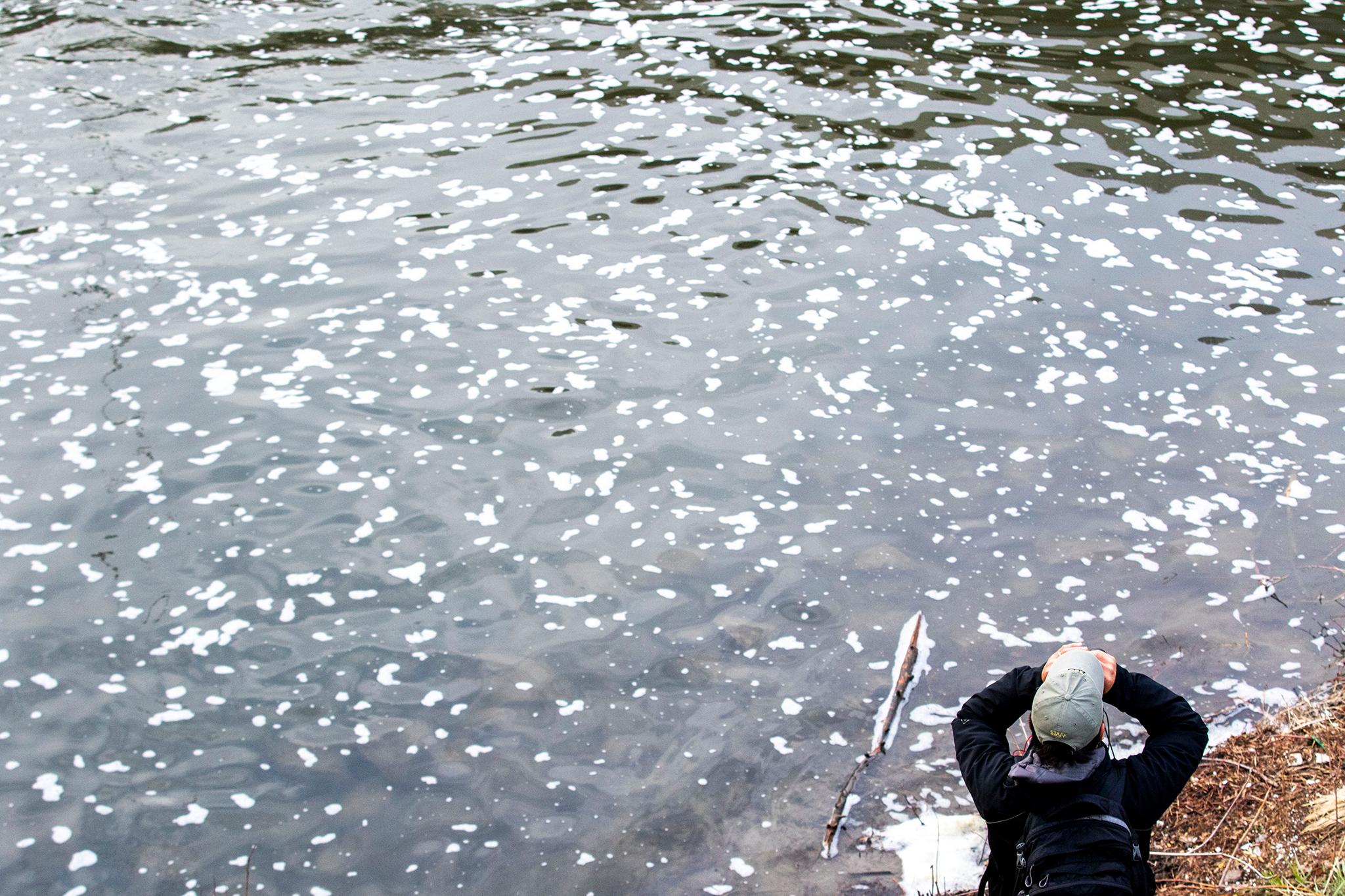
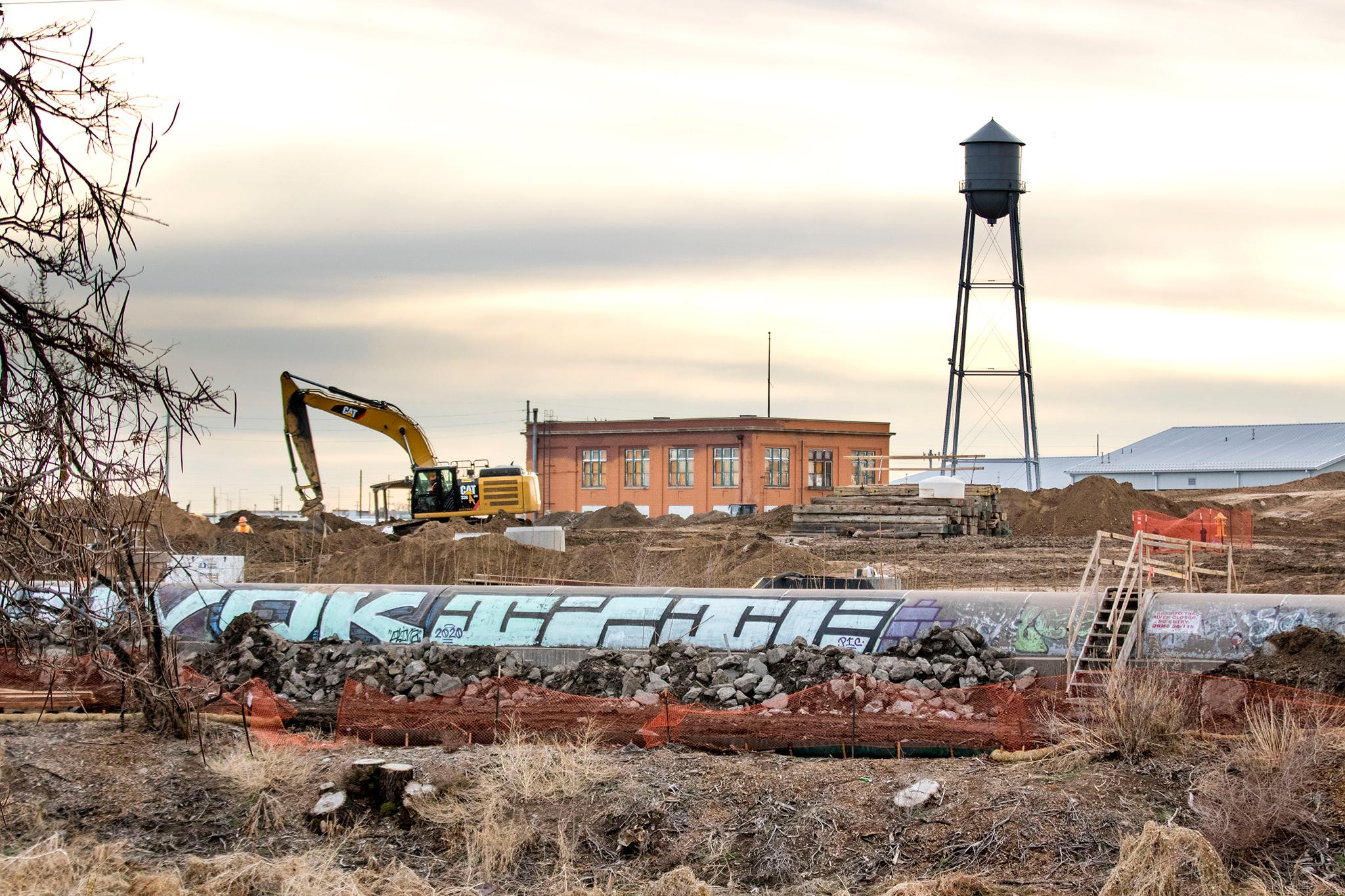
Jenna Espinoza, spokesperson for the city office working on the National Western project, said wildlife is mostly impacted by infrastructure left over from a century of industry along the riverbanks. And that stuff is disappearing quickly.
Workers have already removed 14,000 feet of rail from the Platte's edges. They're also getting ready to remove an enormous sewer pipe from view.
"There's just a lot of stuff that has been there historically," she said. "It will be a lot nicer for wildlife eventually."
Scientific objectivity aside, Reading and Azua are hoping that will be the case. But, again, the only way to tell is to put in the work ahead of time.
"We need a few more years as we progress with the restoration," Reading said. "My guess is, and my hope is, we'll see a big increase in pollinators."
